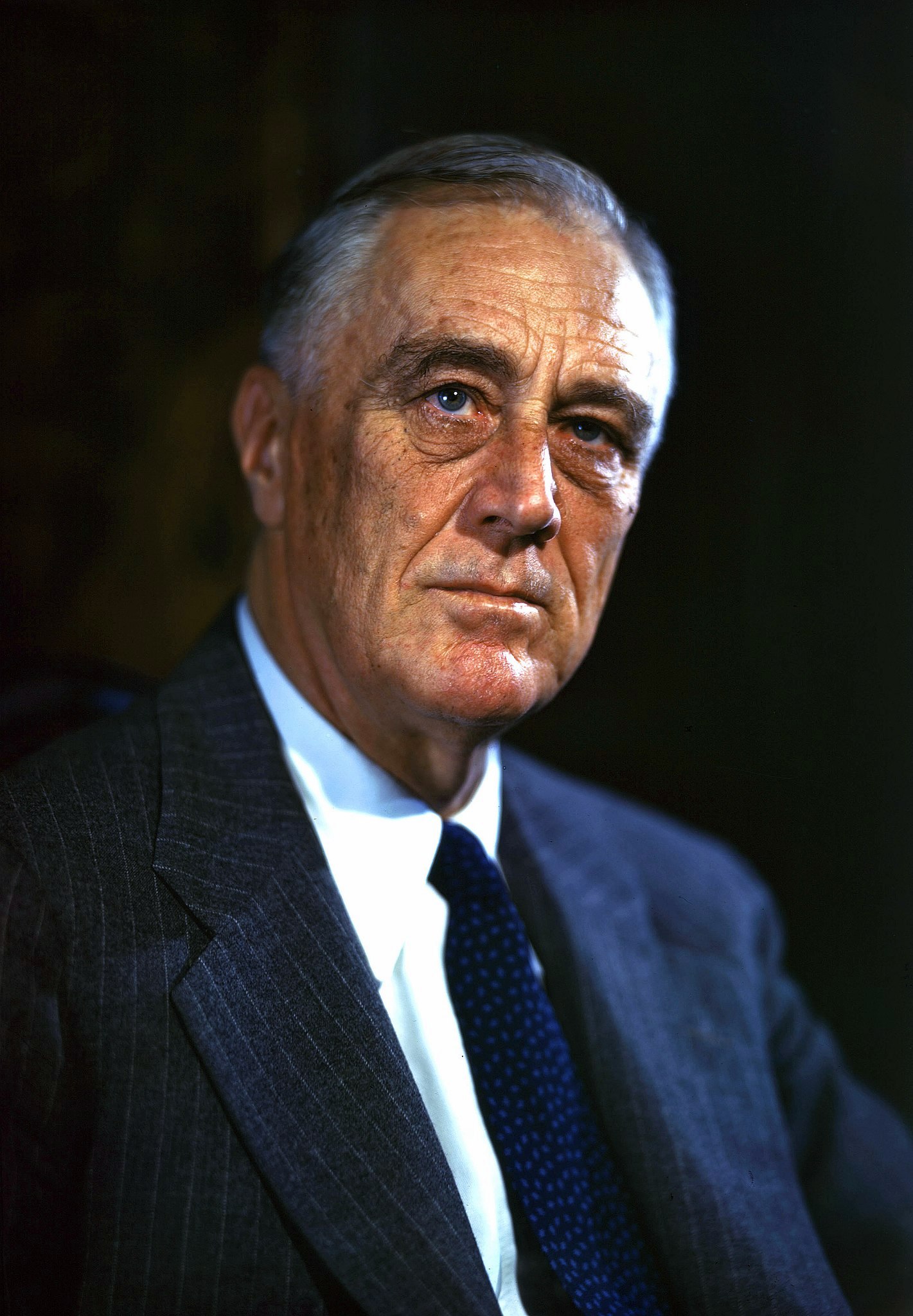
Statement by President Roosevelt to Employers
November 3, 1944
I urge that all employers allow such time off to their workers as is necessary to give them an adequate opportunity to vote on Election Day.
It is important that the mandate of the election should be as representative of the whole people as possible, irrespective of whom they vote for.
I am informed that certain companies having contracts with the government have raised with the procurement agencies the question whether, under such contracts, pay to their workers will be allowed as reimbursable cost if time off is granted on election day.
The agencies have ruled that such payments are legitimate expenditures under cost-plus contracts; that they may be considered for the purpose of making any computation or adjustment required by the provisions of fixed-price contracts; and that they may also be appropriately allowed as such expenditures in renegotiation of lump-sum contracts.
Under these circumstances all firms having contracts with the government are especially urged to allow their workers – who have done so much to help win this war – to have full opportunity to express their choice in this election whatever that choice may be.
And I ask that any employee, who is not allowed enough time to vote, inform me of the circumstances, together with the name of his company and any other pertinent facts.
There has been much interest in the subject of soldier voting. I am sure that there is an equal interest in facilitating the vote of civilian workers, regardless of their choice. This point of view seems to be essentially American.
